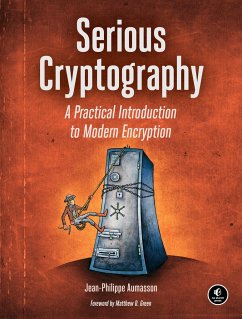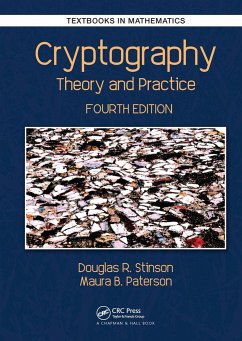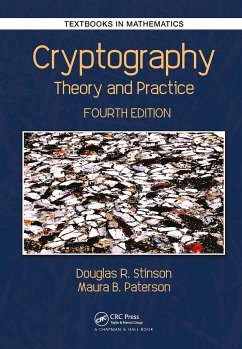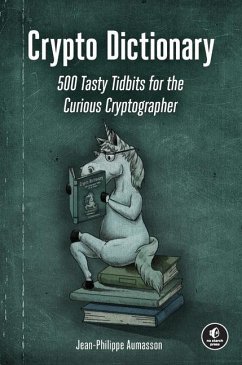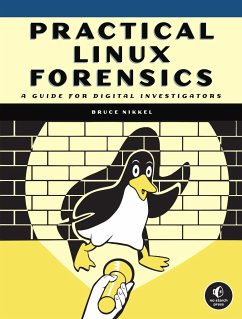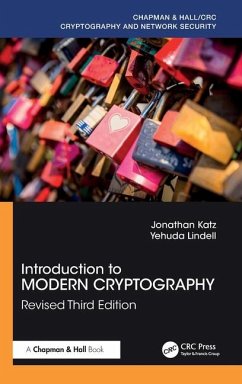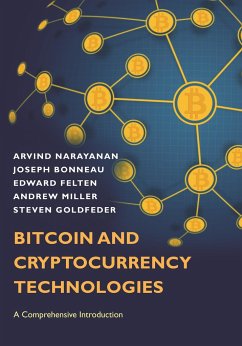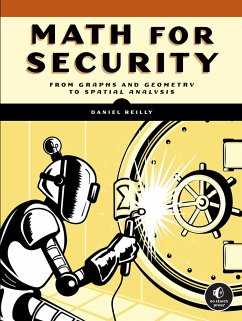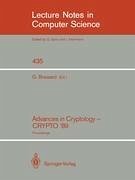
Advances in Cryptology - CRYPTO '89
Proceedings
Herausgeber: Brassard, Gilles
Versandkostenfrei!
Versandfertig in 1-2 Wochen
39,99 €
inkl. MwSt.

PAYBACK Punkte
20 °P sammeln!
CRYPTO is a conference devoted to all aspects of cryptologic research. It is held each year at the University of California at Santa Barbara. Annual meetings on this topic also take place in Europe and are regularly published in this Lecture Notes series under the name of EUROCRYPT. This volume presents the proceedings of the ninth CRYPTO meeting. The papers are organized into sections with the following themes: Why is cryptography harder than it looks?, pseudo-randomness and sequences, cryptanalysis and implementation, signature and authentication, threshold schemes and key management, key di...
CRYPTO is a conference devoted to all aspects of cryptologic research. It is held each year at the University of California at Santa Barbara. Annual meetings on this topic also take place in Europe and are regularly published in this Lecture Notes series under the name of EUROCRYPT. This volume presents the proceedings of the ninth CRYPTO meeting. The papers are organized into sections with the following themes: Why is cryptography harder than it looks?, pseudo-randomness and sequences, cryptanalysis and implementation, signature and authentication, threshold schemes and key management, key distribution and network security, fast computation, odds and ends, zero-knowledge and oblivious transfer, multiparty computation.





